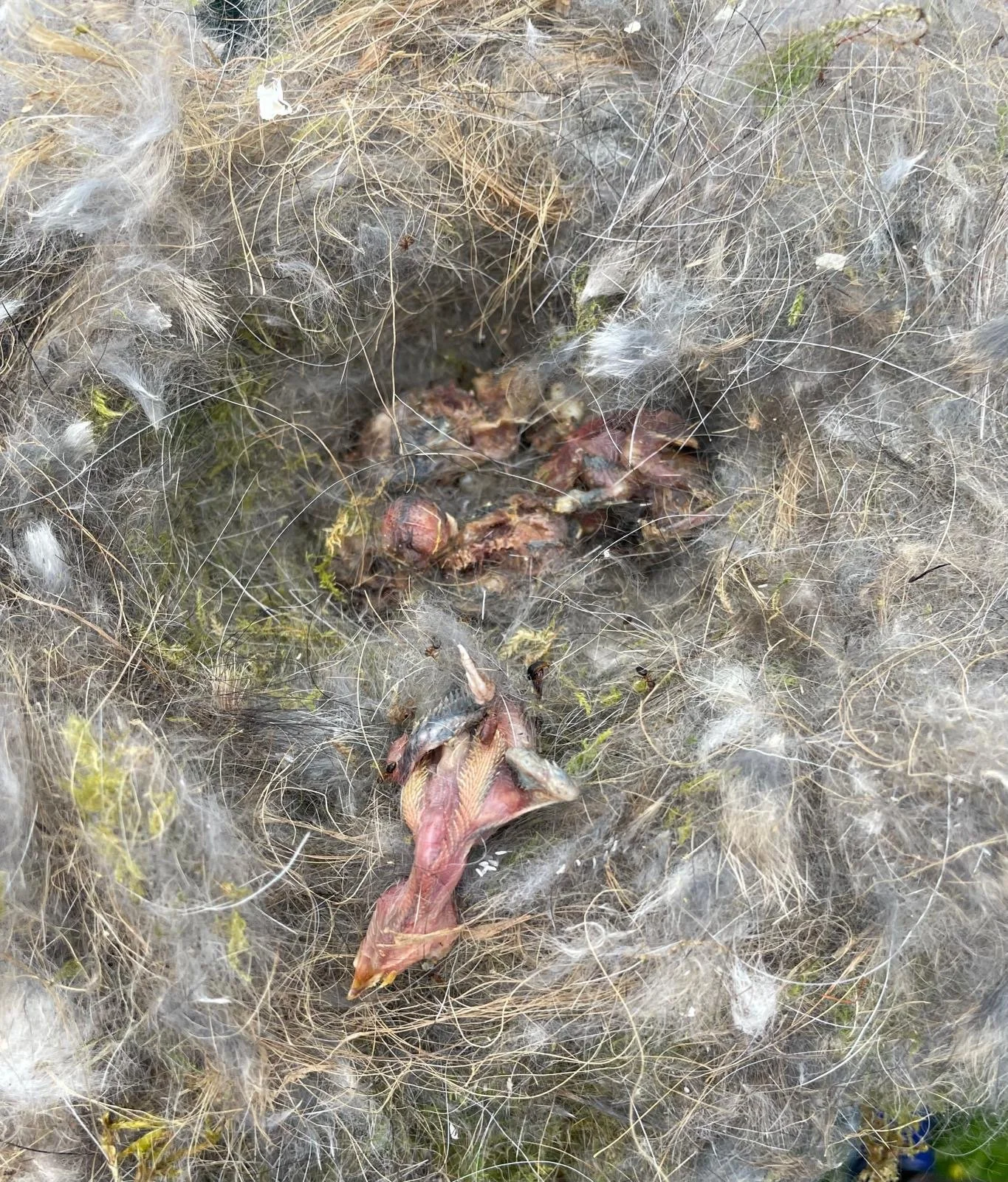
Our Mission: to encourage Little Owls to make the Shop Orchard their home.
Why? Lots of nature-y reasons - owls play a vital role in our ecosystem, eating invertebrates such as beetles and earthworms as well as small mammals, and helping to control squirrels and rodents. And as an added bonus, they also attract other birds to the area.
How? We are working with the Owl Conservation Project to run an Owl Club for the Shop Orchard where budding naturalists will get some hands-on ecology experience.
Who? Any children, no matter where they live, can join Owl Club provided they are age 8+. And it’s free. We have children from villages and towns in at least a 12 mile radius of Hampstead Norreys.
How do I find out more?
Fill in the form and we will be in touch. But please note that for insurance purposes the child must be age 8 or over.
Our session on Saturday 6th July, 10am-12pm
We had fun dissecting owl pellets - the children found all sorts of skulls (mice, voles, etc) and other evidence of what owls like to eat. They also used endoscopes attached to the end of fishing rods to investigate what life is under the water in streams and lakes - the rain may have impacted our findings as this time very little was found. We shall try again! The children also enjoyed bug hunting - and naming the insects found (!)
Little Owls sessions will next run on Saturday 28th September, 10am-12pm, so mark this date in your calendars as well and we’ll provide more details about the session in due course.
If you know anyone who is 8 years or older that may be interested in Little Owls Club, do point them to this website for more details and to sign up complete the form and we will be in touch!
Our session on Saturday 18th May, 10am-12pm
Today at Owl Club we learned a hard lesson.
While we didn't find any little owls, there was much excitement to find a blue tit nest in one of the owl boxes. A base of moss with animal fur lining, it looked like a cosy nest for the chicks. Sadly, inside were at least 6 dead chicks - most likely the entire clutch.
We were shocked to learn that spot-on flea treatments for cats and dogs contain neonicotinoids. Yes - those chemicals banned in agriculture because they were devastating bee populations. This toxic-chemical-laced animal fur is deadly to fragile chicks and a key cause of declining bird populations. It is also incredibly harmful to aquatic species, finding its way into our rivers when we wash the spot-on treatment from our hands or our dogs swim in our waterways after it being applied.
Seeing the impact of humans on nature first hand was impossible to ignore and the children were upset and fired up with ideas of what we could do to spread the word.
Some of the ideas the children came up with were:
Surveys - do pet owners know how deadly these products are? Send out through schools?
Articles for local publications and the press
Posters
Writing to our MP
A petition.
A sad and shocking reminder of the importance of caring for our environment. But well done to our Little Owls Group for recognising that they can and should take action to let people know of the dangers of pollutants to our wildlife.
Photos from our other sessions . . . enjoy!





















